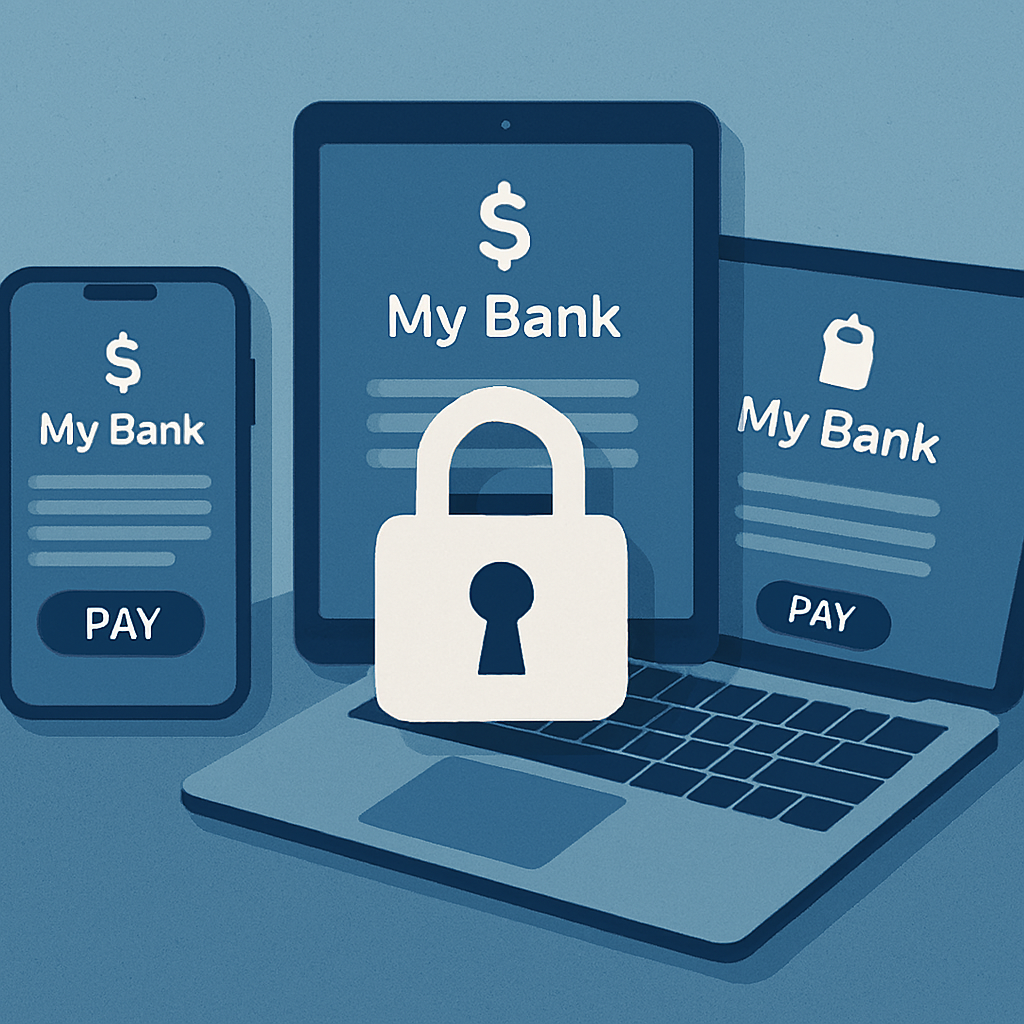White Hat and Black Hat Hackers: A Complete Guide
Introduction
The digital world is filled with opportunities and risks, and hackers play a central role in shaping cybersecurity. While the term “hacker” often carries a negative meaning, not all hackers are criminals. Some work to protect organizations, while others exploit vulnerabilities for personal gain. This is where the concepts of white hat and black hat hackers come in. Understanding the difference between these two groups is critical for businesses and individuals who want to protect their digital assets.
Who Are White Hat Hackers?
White hat hackers, also known as ethical hackers, are cybersecurity professionals who use their skills to defend organizations against cyberattacks. They identify weaknesses in systems, networks, and applications before malicious hackers can exploit them.
Key Traits of White Hat Hackers
- Operate legally with permission from organizations.
- Conduct penetration testing and vulnerability assessments.
- Follow strict ethical guidelines.
- Aim to strengthen digital defenses.
Common Roles and Activities
- Security consultants and analysts.
- Bug bounty hunters who earn rewards for finding flaws.
- Penetration testers simulating real attacks to test system resilience.
White hat hackers are often employed by businesses, governments, and cybersecurity firms to ensure digital safety.
Who Are Black Hat Hackers?
Black hat hackers are individuals who exploit vulnerabilities for personal, financial, or political gain. Unlike white hats, they operate without authorization and often cause significant harm.
Key Traits of Black Hat Hackers
- Act illegally without permission.
- Focus on stealing data, spreading malware, or causing disruption.
- Often motivated by money, power, or recognition.
- Pose serious threats to cybersecurity and privacy.
Common Activities
- Launching ransomware or phishing attacks.
- Selling stolen data on the dark web.
- Creating and distributing malicious software.
- Conducting identity theft and financial fraud.
Black hat hackers are the reason cybersecurity remains one of the top global priorities.
White Hat vs Black Hat Hackers: The Main Differences
| Aspect | White Hat Hackers | Black Hat Hackers |
|---|---|---|
| Legality | Operate legally with authorization | Operate illegally without permission |
| Ethics | Follow professional and ethical codes | Motivated by personal or financial gain |
| Objective | Strengthen cybersecurity and prevent attacks | Exploit vulnerabilities for malicious purposes |
| Employment | Work for organizations, security firms, or governments | Often self-employed or part of cybercrime groups |
| Outcome | Increased protection and safety | Data breaches, financial loss, and reputational damage |
This contrast highlights why distinguishing between white hat and black hat hackers is crucial in today’s digital age.
The Role of Grey Hat Hackers
While the focus is often on white hat and black hat hackers, there is also a third category: grey hat hackers. They operate between the two extremes. Grey hats may discover vulnerabilities without permission but often report them instead of exploiting them. Though their actions may be ethically questionable, they do not typically intend to cause harm.
Why Businesses Need White Hat Hackers
Organizations today face relentless cyber threats, and relying on white hat hackers has become essential. These professionals:
- Provide proactive defense against cyberattacks.
- Help organizations comply with data protection laws.
- Prevent costly data breaches and downtime.
- Build trust with customers by ensuring digital safety.
Without white hat hackers, businesses would struggle to stay ahead of cybercriminals.
The Threat of Black Hat Hackers
The activities of black hat hackers continue to evolve, making them increasingly dangerous. Modern attacks are sophisticated, automated, and harder to detect. Black hats exploit emerging technologies like artificial intelligence and IoT vulnerabilities, leaving organizations constantly at risk. For individuals, black hat hackers pose threats such as stolen identities, drained bank accounts, and compromised privacy.
The Future of Hacking in Cybersecurity
As technology advances, both white hat and black hat hackers will continue to play major roles in cybersecurity. Ethical hacking is becoming more professionalized, with certifications such as CEH (Certified Ethical Hacker) and CISSP gaining popularity. Meanwhile, black hat hackers will keep innovating their attack methods. The cybersecurity industry must evolve just as quickly, emphasizing AI-driven defenses, stronger encryption, and global collaboration to counter these threats.
Conclusion
The difference between white hat and black hat hackers lies in intent, ethics, and legality. White hat hackers protect organizations by identifying vulnerabilities and strengthening defenses, while black hat hackers exploit weaknesses for malicious purposes. Both groups demonstrate the power of hacking skills, but their impact is vastly different. For businesses and individuals alike, understanding this distinction is vital to staying safe in the digital age.




Comments are closed